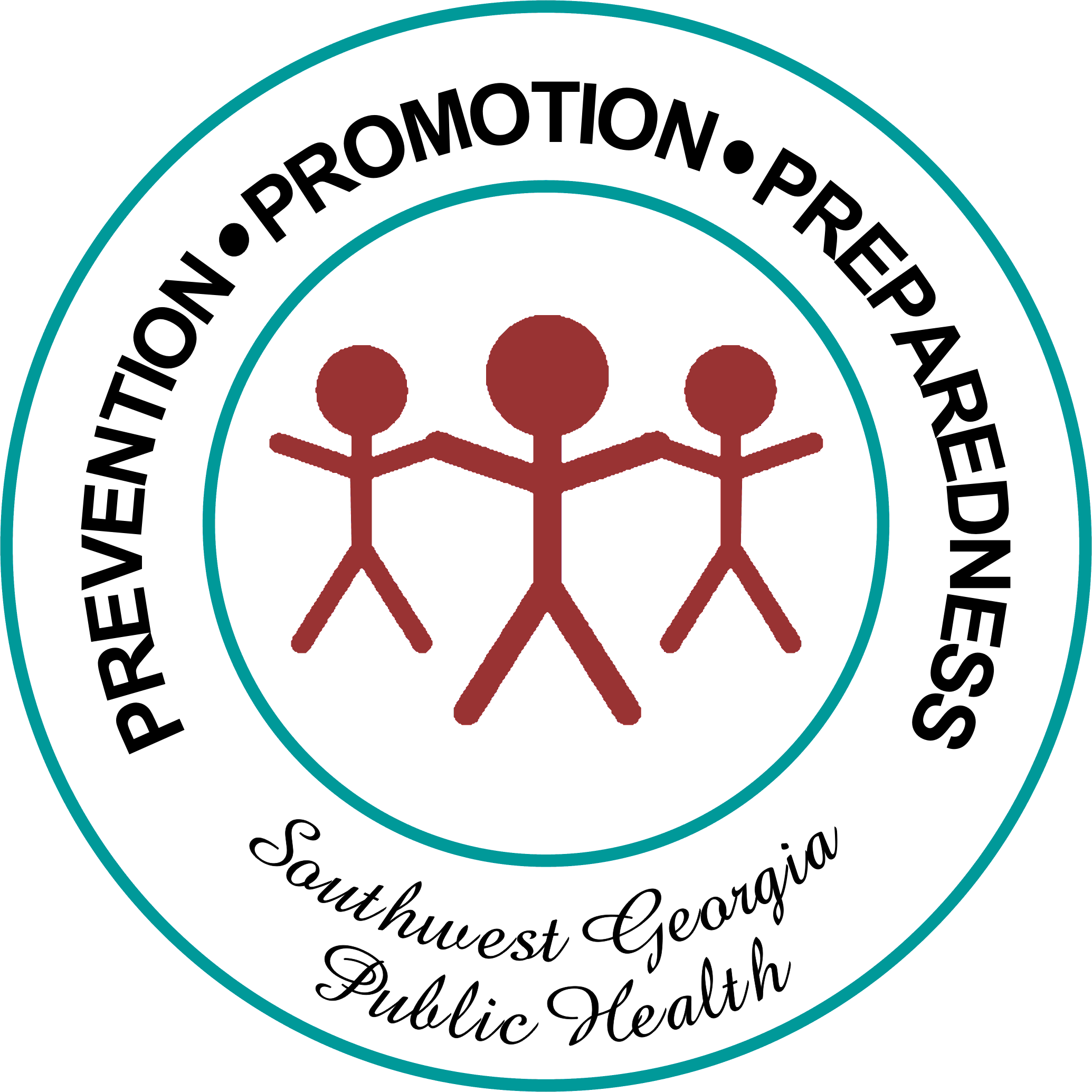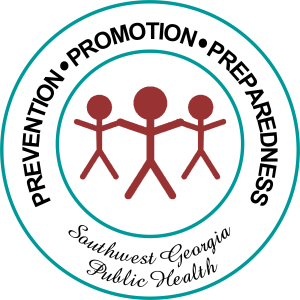January is Cervical Cancer Awareness Month, and Southwest Health District is observing it by encouraging women to get screened and receive the human papillomavirus (HPV) vaccine if eligible.
“Around 12,000 women are diagnosed with cervical cancer annually, and approximately a third of them will die as a result of the cancer,” said Southwest Health District Health Director Dr. Jacqueline Grant. “The good news is, thanks to improved screening and vaccination, cervical cancer is a highly preventable, treatable cancer.”
Grant said lack of awareness about the importance of regular screening and the availability of HPV vaccine are factors that make the disease a serious – even fatal illness.
“To help combat that, our health departments are focusing on educating women about cervical cancer,” she said. “It develops slowly, starting as a precancerous condition known as dysplasia.”
The abnormal cells are easily detectable through a Pap test and can be treated effectively, Grant said. There is also an HPV test that, when combined with a Pap test in women over age 30, can help identify women at risk for developing cervical cancer.
“If left undetected, dysplasia can turn into cervical cancer, which can potentially spread to the bladder, intestines, lungs and liver,” Grant noted. “Further, women may not suspect cervical cancer until it has metastasized, or become advanced – a fact that underscores the importance of regular Pap tests.”
Symptoms of cervical cancer may not show up until the cancer is advanced. They include:
· Abnormal vaginal bleeding
· Unusual discharge
· Periods that last longer or have a heavier flow than usual
· Bleeding after menopause
For more information about Pap tests or the HPV vaccine please contact the go online to www.southwestgeorgiapublichealth.org or to www.cdc.gov.



